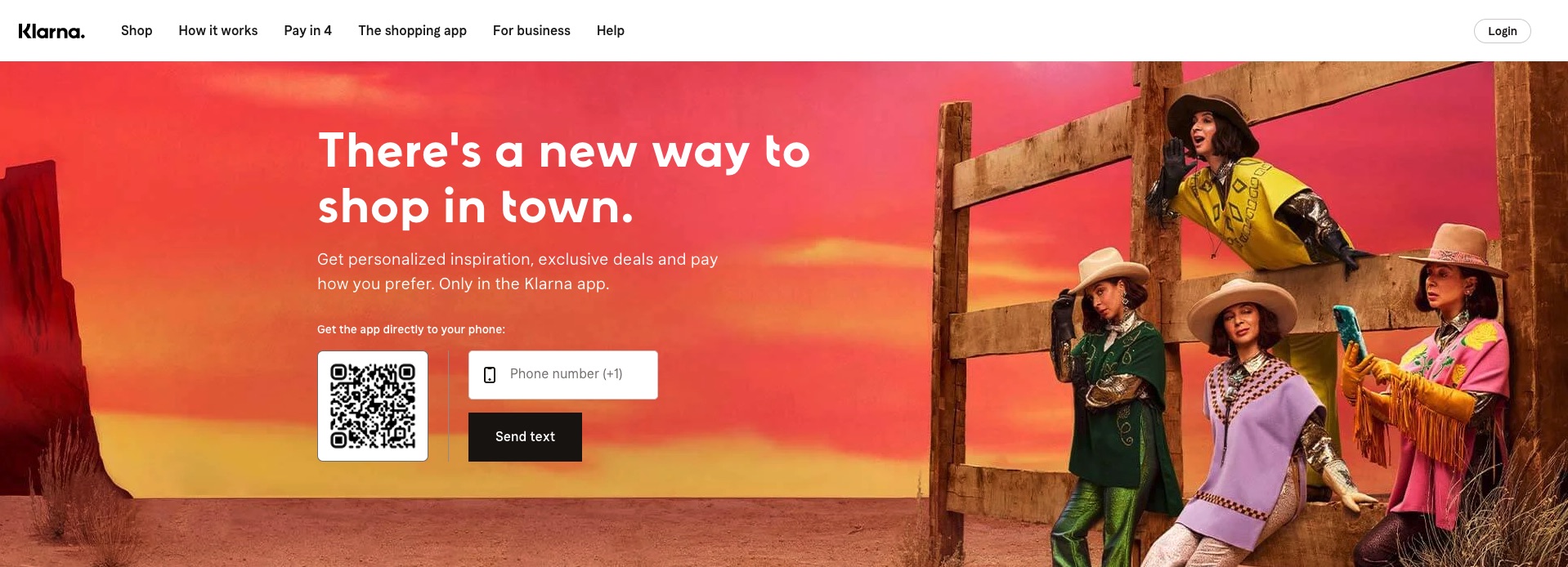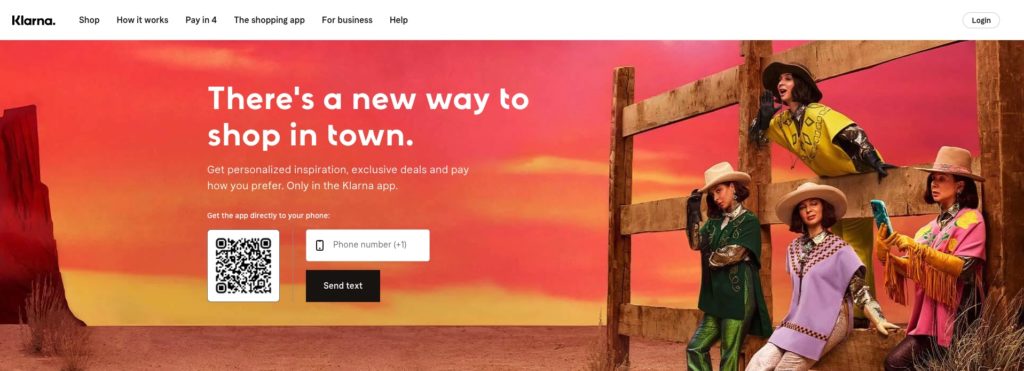
In its biggest fundraising to date, U.K.-based challenger bank Starling Bank has secured ($376 million) £270m in funding. The Series D round was led by Fidelity Management and Research. Also participating in investment were the Qatar Investment Authority, RPMI Railpen, and Millennium Management.
Starling hopes to use the capital to grow its lending book and to expand throughout Europe. M&A activity is also on the table for the digital challenger. The fundraising, which remains subject to regulatory approval, will give the neobank a pre-money valuation of £1.1 billion.
Founded by Anne Boden and headquartered in London, Starling now has more than two million accounts, including 300,000 SME business accounts. Starling Bank says that it has 5% of the small business market in the country, as well as deposits of more than £5.4 billion. The firm has made loans valued at more than £2 billion – much of that while participating in the government’s COVID financial relief programs.
“Digital banking has reached a tipping point,” Boden said in a statement announcing the investment. “Customers now expect a fairer, smarter and more human alternative to the banks of the past and that is what we are giving them at Starling as we continue to grow and add new products and services. Our new investors will bring a wealth of experience as we enter the next stage of growth, while the continued support of our existing backers represents a huge vote of confidence.”
Starling reached profitability late last year. Since then, the company has forged partnerships with iZettle, Dingy Insurance, PensionBee, and Finovate alum SumUp. Boden has hinted recently that an IPO could be “two to three years” away for the digital challenger. “I didn’t do all of this to sell out to a big bank,” she said.
Photo by David Jakab from Pexels






















